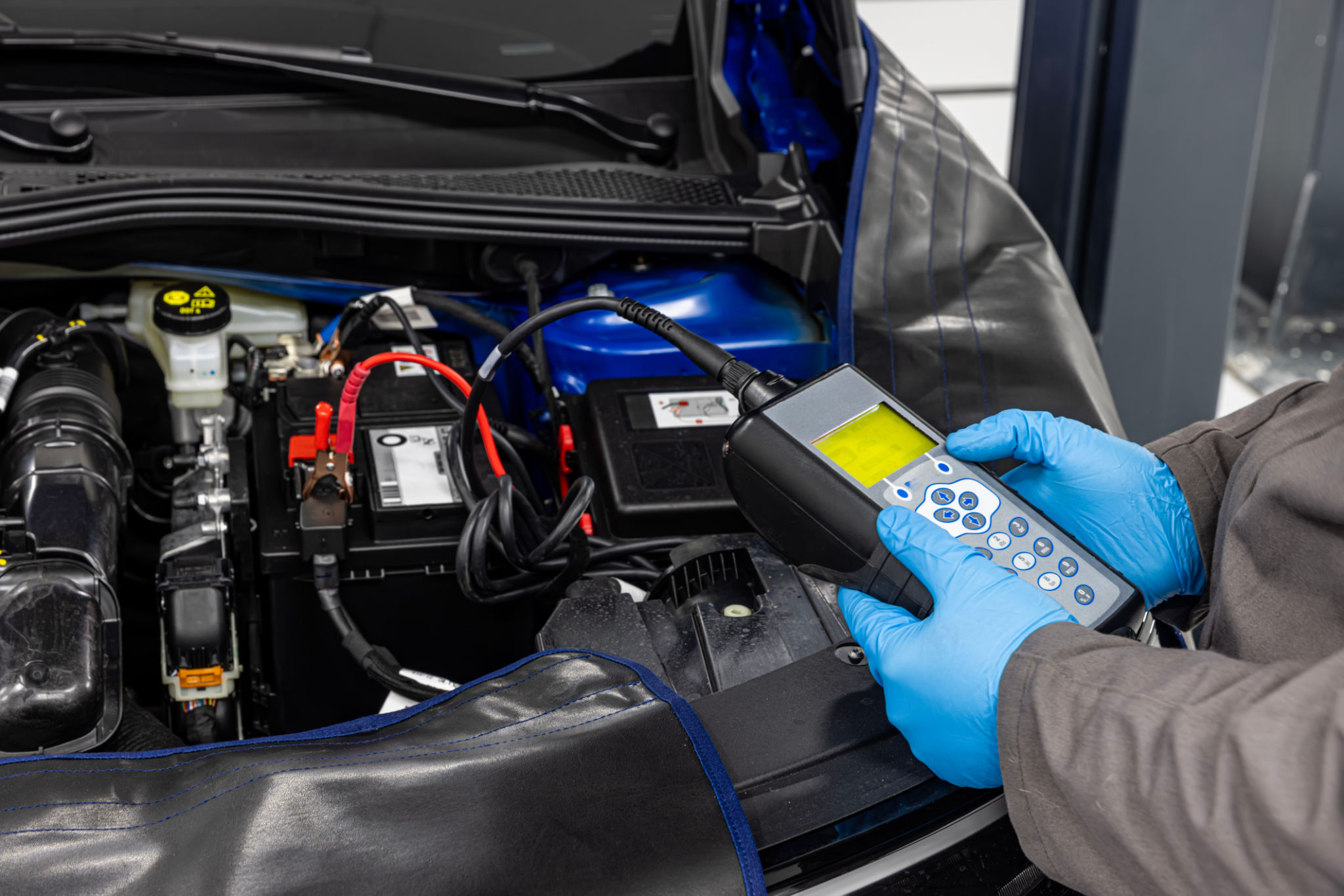Preparing Your Vehicle for Winter: A Complete Checklist
Why Preparing Your Vehicle for Winter is Essential
As the temperature drops and winter approaches, ensuring your vehicle is ready to face the challenging conditions is crucial. Harsh weather can take a toll on your car, leading to breakdowns or accidents if you're not prepared. By taking a few preventative steps, you can help protect both your vehicle and yourself during the colder months.

Check Your Tires
One of the most important components to check before winter is your tires. Cold weather can cause tire pressure to drop, so regularly check and adjust the pressure as needed. Additionally, consider switching to winter tires if you live in an area with heavy snowfall. Winter tires provide better traction on icy and snowy roads, enhancing your safety.
Inspect Tire Tread
Ensure your tires have adequate tread depth to handle slippery conditions. The minimum recommended tread depth for winter driving is 4/32 inches. If your tires are worn down, it might be time for a replacement to maintain optimal grip and control.
Examine Your Battery
Cold weather can be tough on your vehicle's battery. Before winter sets in, test your battery's charge and inspect the terminals for any corrosion. If your battery is more than three years old, consider having it professionally tested to ensure it's still in good condition. A weak battery might leave you stranded on a chilly day.

Check Your Fluids
Fluids play a vital role in keeping your vehicle running smoothly. Ensure that your engine oil is suitable for winter driving, as some oils can thicken in cold temperatures. Check your coolant levels to prevent freezing, and make sure your windshield washer fluid is rated for sub-zero temperatures.
Brake Fluid and Antifreeze
Don't overlook the importance of brake fluid and antifreeze. Ensure these are topped up and use the correct type for your vehicle model. Proper levels help prevent engine overheating and ensure reliable braking performance.
Test Your Lights and Wipers
Visibility can be greatly reduced during winter due to snow, fog, and shorter daylight hours. Make sure all your lights are functioning correctly, including headlights, taillights, and turn signals. Replace any burnt-out bulbs promptly. Additionally, check your windshield wipers for wear and replace them if necessary to maintain clear visibility.

Prepare an Emergency Kit
It's always wise to have an emergency kit in your vehicle, especially during winter. This kit should include items such as a flashlight, batteries, blankets, a first-aid kit, non-perishable snacks, water, and a basic toolkit. Also, consider adding a snow shovel and ice scraper for those unexpected snowstorms.
Include Jumper Cables and Tire Chains
Jumper cables can be a lifesaver if your battery dies in cold weather. If you frequently travel through snowy or mountainous areas, tire chains can provide additional traction when roads become particularly treacherous.
Conclusion
Preparing your vehicle for winter doesn't have to be a daunting task. By following this comprehensive checklist, you can ensure that your car is ready to handle the challenges of winter driving. Remember that taking these proactive steps not only extends the life of your vehicle but also keeps you and your passengers safe on the road.
